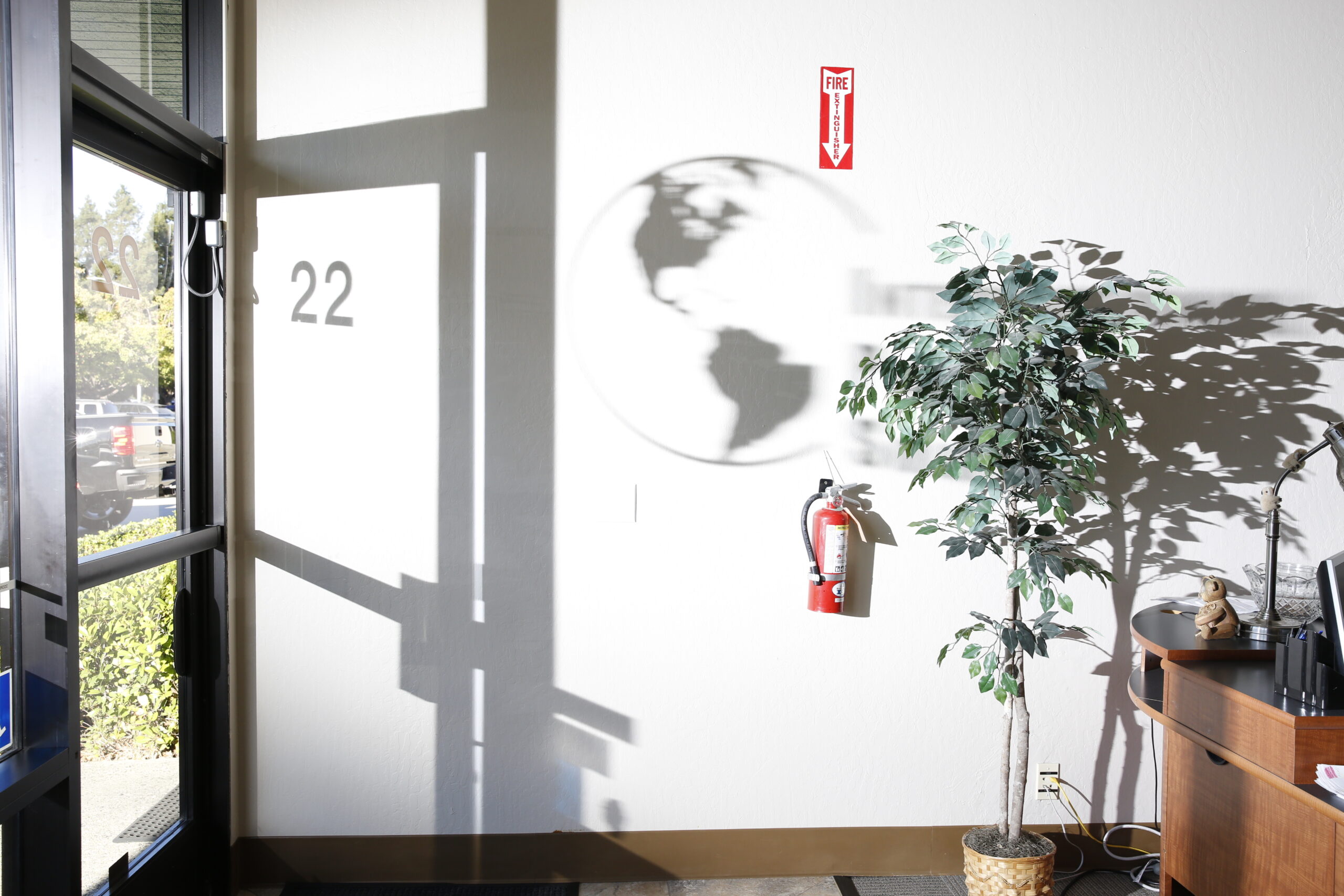
In an era where accuracy and precision are not just desired but required, the significance of calibration in maintaining the integrity and functionality of measuring instruments cannot be overstated. Calibration, a procedure that ensures instruments are performing accurately according to specified standards, is a cornerstone of quality assurance across various sectors. This comprehensive guide delves into the critical role of calibration, highlighting its importance in safeguarding your reputation, optimizing operational efficiency, and minimizing costs.
Calibration is not merely a routine check-up; it is a fundamental process that validates the accuracy of measuring instruments, from torque wrenches to multimeters. Instruments are susceptible to drift and deviations over time, which can significantly affect their reliability and the precision of the measurements they provide. By regularly calibrating your instruments, you ensure they offer the accuracy needed for your critical operations, thereby upholding your product’s quality and your company’s credibility.
Instrument inaccuracies can have far-reaching consequences, including product recalls, legal liabilities, and, in severe cases, injuries or fatalities. These incidents not only lead to substantial financial losses but can also damage your brand’s reputation irreparably. Calibration serves as a preventive measure, identifying potential inaccuracies before they escalate into costly mistakes. It is an investment in the “cost of quality,” a concept that emphasizes the benefits of ensuring measurement accuracy over facing the repercussions of oversight.
ISO 17025 is a globally recognized standard that specifies the requirements for the competence of testing and calibration laboratories. Accreditation under this standard is a testament to a calibration service provider’s capability to produce precise and reliable calibration results. However, achieving ISO 17025 accreditation is just the beginning. The true challenge lies in maintaining the stringent quality controls and continuous improvement processes that this certification demands.
Effective calibration involves more than just comparing an instrument’s output with a standard. It includes:
This meticulous approach ensures that each instrument’s performance is reliably assessed and adjusted if necessary, guaranteeing its accuracy and reliability.
Clear communication between the calibration service provider and the client is paramount. It is essential to convey your expectations and requirements explicitly to avoid misunderstandings that could compromise the calibration’s effectiveness. This dialogue ensures that the service provider understands the specific standards and tolerances relevant to your instruments and processes, facilitating a calibration that meets your exact needs.
Despite best efforts, challenges in the calibration process are inevitable. Issues such as incorrect calibration procedures or misunderstandings about the required standards can lead to discrepancies between expected and actual instrument performance. To mitigate these risks, it’s crucial to work with a calibration provider that not only has a robust understanding of the technical aspects of calibration but also demonstrates a commitment to addressing and resolving such issues promptly and effectively.
Calibration is more than a compliance requirement; it is a critical component of a comprehensive quality assurance program. By ensuring the accuracy and reliability of measuring instruments, calibration helps prevent errors, reduce costs, and maintain the highest standards of safety and quality. As industries continue to advance and the demand for precision grows, the role of calibration in achieving and sustaining success will only become more pronounced.
International Process Solutions Is Here For You!
We’re here for you at every stage of your growth, creating the exact solution you need. Reach out now – we’d love to help. Call Today 650-595-7890
Service so good – it will make you look great.
No Comments